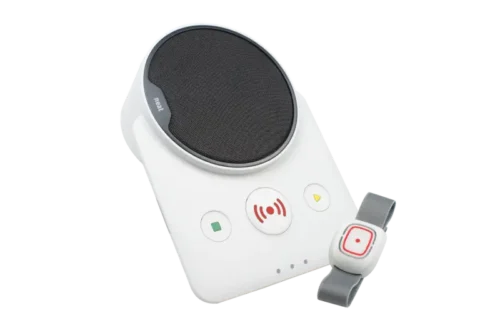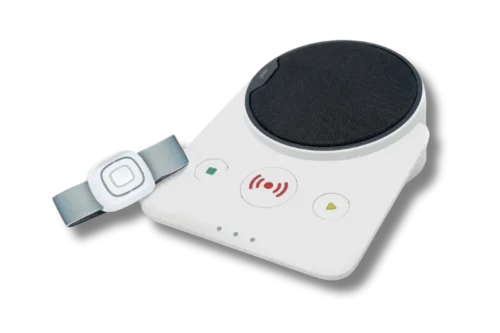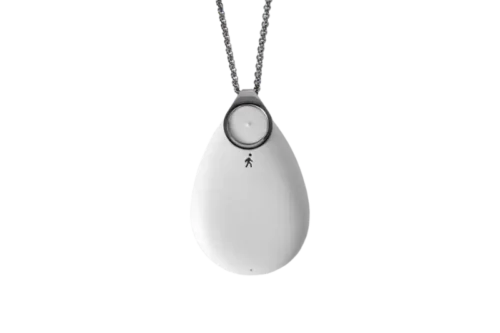Dementia is a term used to describe a group of symptoms that affect memory, thinking, and social abilities, to the point where they interfere with daily life. Dementia is not a specific disease, but rather a general term for a decline in cognitive function that is severe enough to disrupt normal activities and relationships.
The most common type of dementia is Alzheimer’s disease. Other types of dementia include vascular dementia, dementia with Lewy bodies, and frontotemporal dementia.
We have compiled some helpful information below that could prove beneficial.
Symptoms of Alzheimer’s disease
The initial symptoms may only be mild but you may have seen a decline since you last saw your elderly relative. Things to look out for include:
- Memory Loss – forgetting names of family members or repeatedly asking the same questions.
- Confused – having difficulty planning anything or disorientated in a new environment. Issues with daily tasks such as shopping and paying bills.
- Communication Difficulty– with word choice or fluent speaking.
- Mood Swings – changes in behaviour which indicates depression.
There are various strains of dementia that can demonstrate additional symptoms.
Vascular Dementia
In the UK, Vascular Dementia affects over 150,000 people. A reduced blood flow to the brain causes damage to parts of the brain in Vascular Dementia. It’s more common in men and starts before the age of 75. Many people suffer stroke-like symptoms, slowness of thought and memory loss.
If detected early enough, doctors can treat vascular cognitive impairment to slow down or even prevent its progression to full vascular dementia. Lifestyle changes and medication can achieve this. However, if full vascular dementia has already occurred and the disease is not detected earlier, doctors can only slow its progression.
Dementia with Lewy Bodies
The Symptoms are very similar to Alzheimer’s, however suffers may also experience:
- Fluctuating levels of confusion, interspersed with periods of alertness.
- Hallucinations
- Reduced mobility
Frontotemporal Dementia
The cause is an accumulation of abnormal proteins in the brain that leads to the loss of brain cells. This affects the frontal lobes of the brain, which impair a person’s ability to organise, plan and control behaviour.
People with frontotemporal dementia may lose their inhibitions. This can lead to inappropriate behaviour, such as making inappropriate comments.
The later stages of dementia can be identified by symptoms such as
- Incontinence
- Appetite loss
- Weight loss
- Mobility loss
If you are visiting an elderly relative then perhaps use the opportunity to see if they are showing any of the symptoms shown above. If you are concerned then encourage them to see their local GP.
More information regarding dementia can be found on the NHS Choices Website.
We also have more blog posts that will help you have an open chat with a loved one about Dementia.





